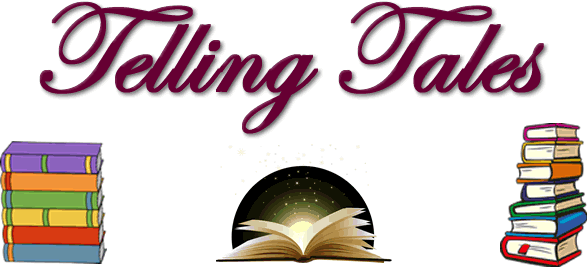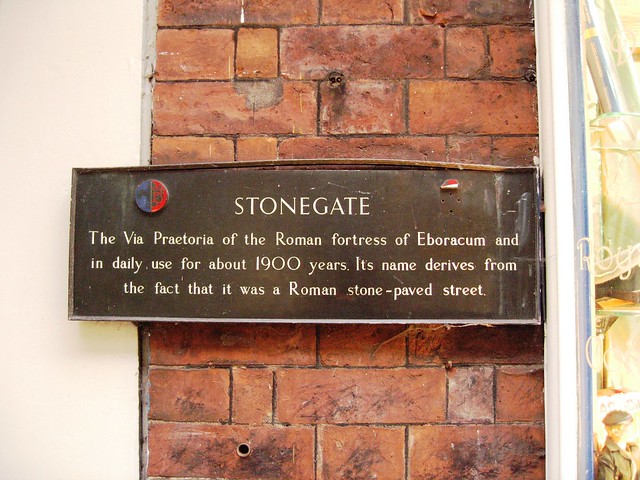Podcast: Play in new window | Download
The new language pages on Omniglot this week are:
- Ratahan (Toratán), a Philippine language spoken in the Southeast Minahasa Regency in the North Sulawesi Province in Indonesia.
- Tiruray (Teduray), a Philippine language spoken in the Mindanao Region of the Philippines.
- Tobian (ramarih Hatohobei), a Micronesian language spoken in the Hatohobei and Koroi states in Palau .
There are new numbers pages in: Rejang, Ratahan, Bhojpuri.
On the Omniglot blog this week there’s a post about Perspective, and the usual Language Quiz.
The mystery language in last week’s language quiz was Tokelauan (Gagana Tokelau), a Polynesian language spoken in Tokelau and New Zealand.
There are two Celtiadur posts this week: about words for heat and steps in Celtic languages.
I made a new video featuring Christmas greetings in 16 of the languages I know:
For more Omniglot News see:
https://www.omniglot.com/news/
https://twitter.com/Omniglossia
https://www.facebook.com/groups/omniglot/
https://www.facebook.com/Omniglot-100430558332117
You can also listen to this podcast on: Apple Podcasts, Amazon Music, Stitcher, TuneIn, Podchaser, PlayerFM or podtail.
If you would like to support this podcast, you can make a donation via PayPal or Patreon, or contribute to Omniglot in other ways.





